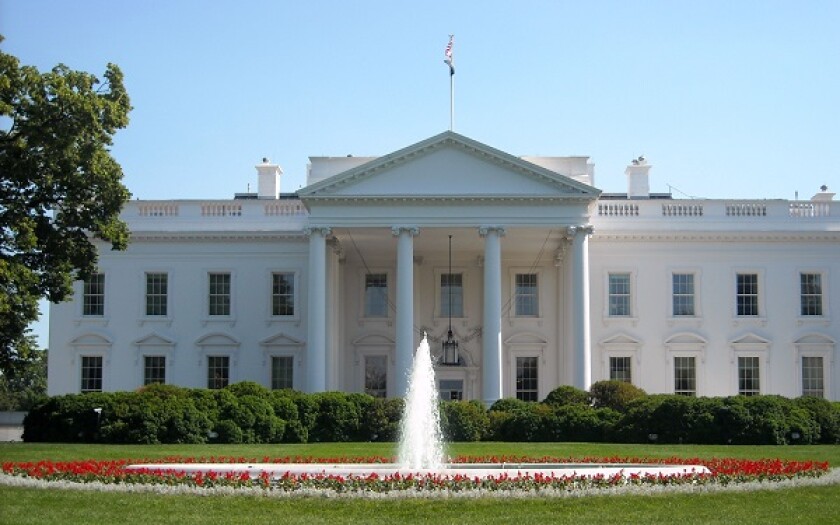The US tax community is eagerly awaiting the approval of four US Tax Court judgeships.
The latest nomination, published by the White House on Tuesday, proposed Emin Toro as US Tax Court judge. If confirmed, Toro will bring significant experience in transfer pricing controversy and advance pricing agreements (APA) to the US Tax Court.
Washington DC-based Toro was appointed partner in 2008 by Covington & Burley, where he advised on cross-border transfer pricing, international assets transfers, tax optimisation and M&A. His tax controversy experience includes audits, administrative appeals and litigation. Most recently he worked on Bacardi’s acquisition of Patron Spirits International.
In October 2017, Toro was nominated to the American College of Tax Counsel, a professional association of tax lawyers. Previously he worked as a clerk for Justice Clarence Thomas of the US Supreme Court and Judge Karen LeCraft Henderson of the US Court of Appeals for the DC Circuit.
He is a frequent public speaker on tax and transfer pricing topics, including lectures on ‘Why tax reform and transfer pricing are keeping tax directors awake at night’ and the ‘Impact of BEPS on APAs and Dispute Resolutions’.
US Tax Court
Toro joins three already pending candidates, Courtney Dunbar Jones, Patrick Urda and Elizabeth Ann Copeland. Copeland’s nomination was refreshed by Donald Trump after already having been nominated by former President Barack Obama’s term. US Tax Court judges serve for 15 year terms.
In the past, the US Tax Court in Washington DC has rejected many of the IRS’ arguments in transfer pricing cases and found that the tax authority had on several occasions acted arbitrarily.
In 2016, the court ruled in favour of Medtronic for the company’s use of the comparable profits method and royalty payments from its Puerto Rican subsidiary. The high-stake ruling has been appealed by the IRS and will be heard in the Eighth Court of Appeals.
In the Tax Court, several other important cases are slated for 2018, such as Coca-Cola’s challenge of the IRS’s request for $3 billion in back taxes.










